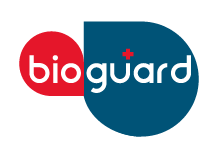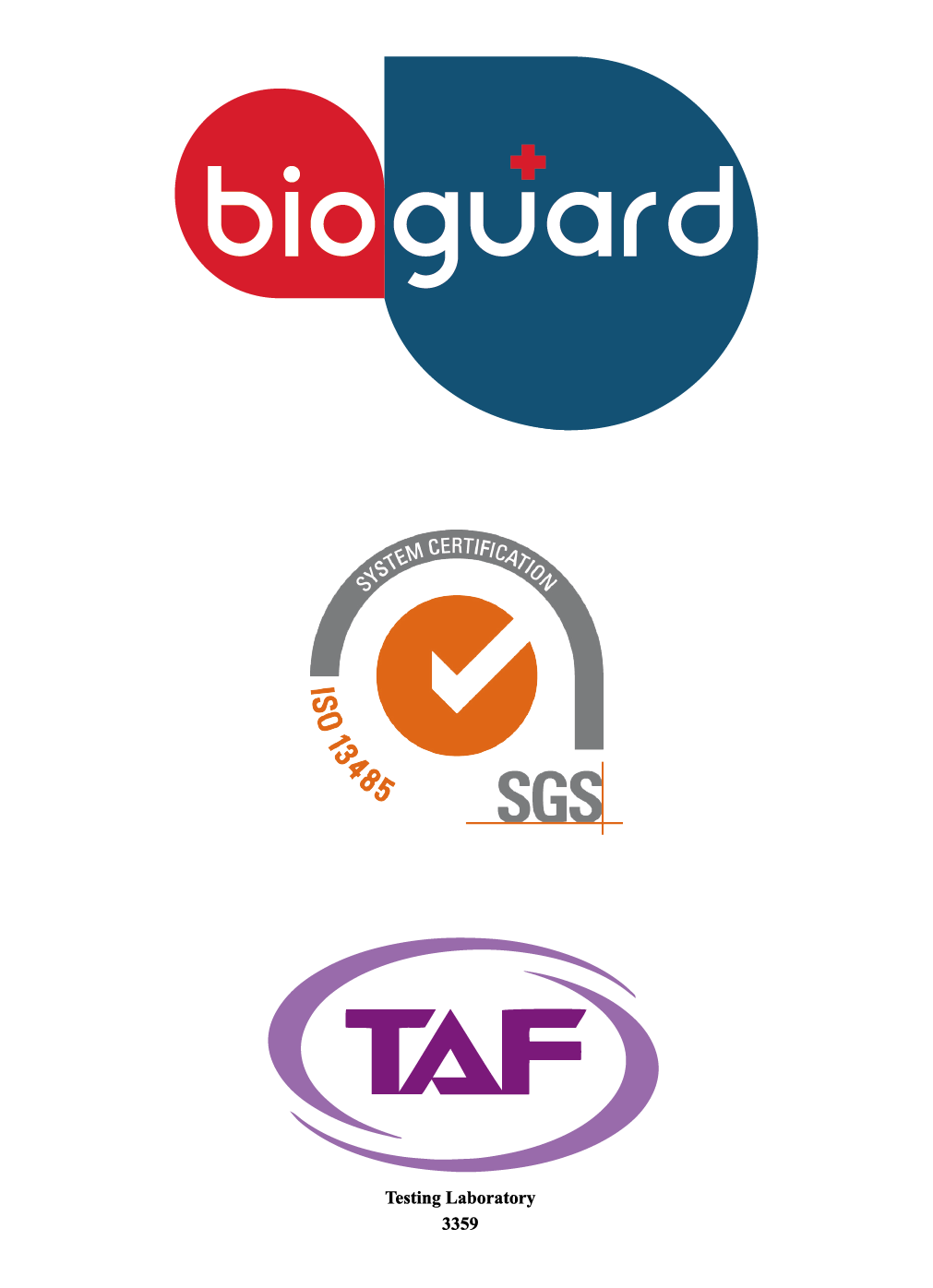Webinar: Diseases causing Lymphadenopathy and splenomegaly in dogs: A systematic approach to diagnosing Leishmaniasis (presented in Turkish)
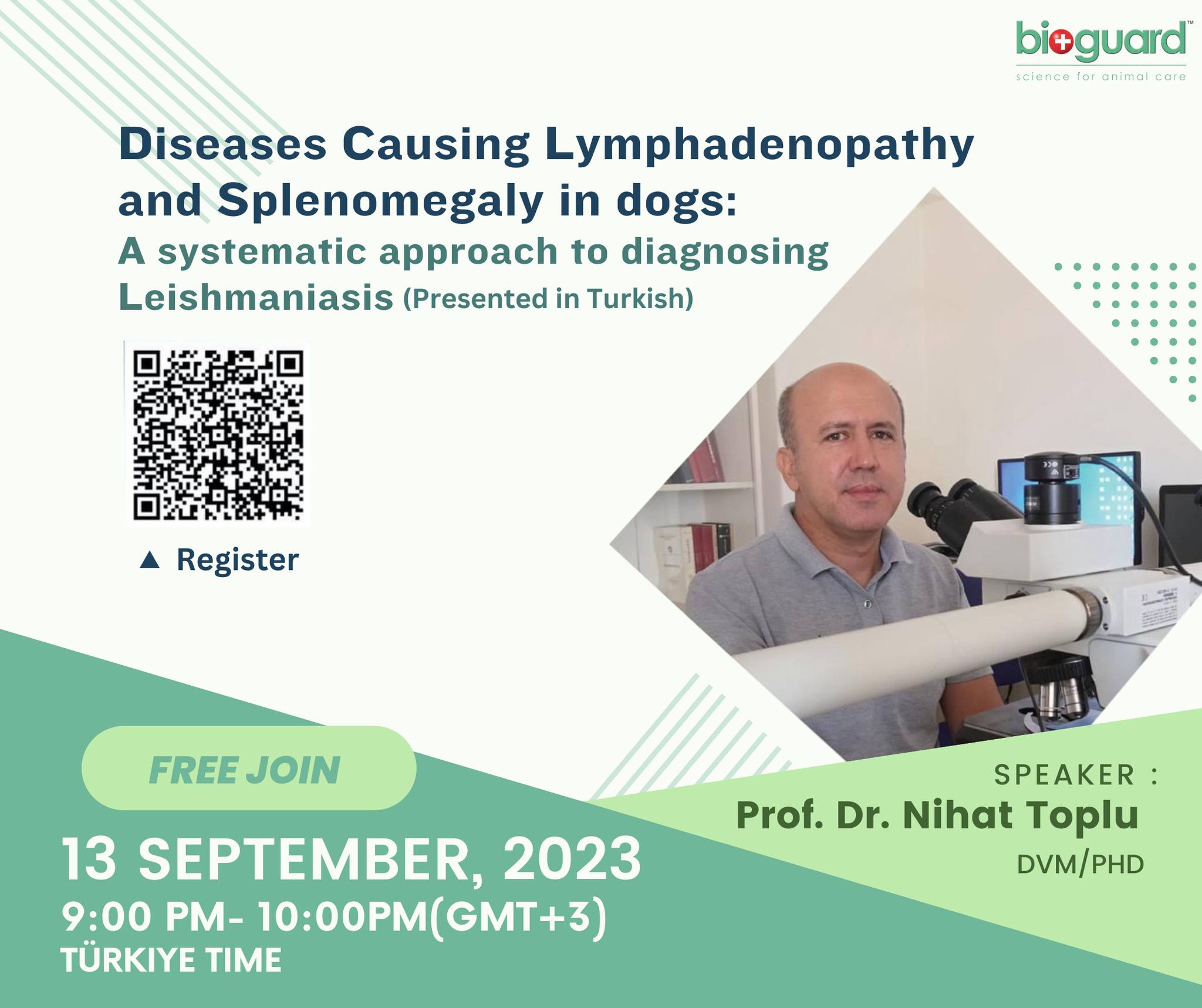
We are pleased to announce that Prof. Dr. Nihat Toplu will lecture on the systematic approach to diagnosing Leishmaniasis, explicitly focusing on diseases that cause Lymphadenopathy and Splenomegaly in dogs. The lecture will be conducted entirely in Turkish and is free for everyone to join. We welcome all interested individuals to attend. Continuous Learning with Bioguard […]
Introducing the Qmini Real-time PCR series

Qmini Real-Time PCR Series Instructional Video

Webinar: Diagnosis and treatment of chronic hepatitis in dogsWebinar:

This time we specially invite Dr Hung-Shi Chiou to give us a lecture on the diagnosis and treatment of chronic hepatitis in dogs. It is completely free, and this webinar will be delivered in English! Welcome to join us. REGISTER HERE
Webinar: Overview of Feline Infectious Peritonitis (presented in Bahasa Indonesia)

This time we invited Dr. Indira Putri Negari to give a lecture on overview of feline infectious peritonitis. The whole process is in Bahasa Indonesia, and it is completely free. Welcome everyone to join. Registration link:
Webinar: Overview of Canine Ehrlichiosis, Anaplasmosis, and BabesiosisWebinar:

Introducing an exciting online event – a webinar that delves into the topic of “Overview of Canine Ehrlichiosis, Anaplasmosis, and Babesiosis”. This event is designed for veterinarians and professionals in the industry who want to enhance their knowledge and understanding of these diseases. The webinar will cover a comprehensive overview of these conditions and their […]
Webinar: Feline Panleukopenia Virus Infection in Cats and its Management (presented in Bahasa Indonesia)
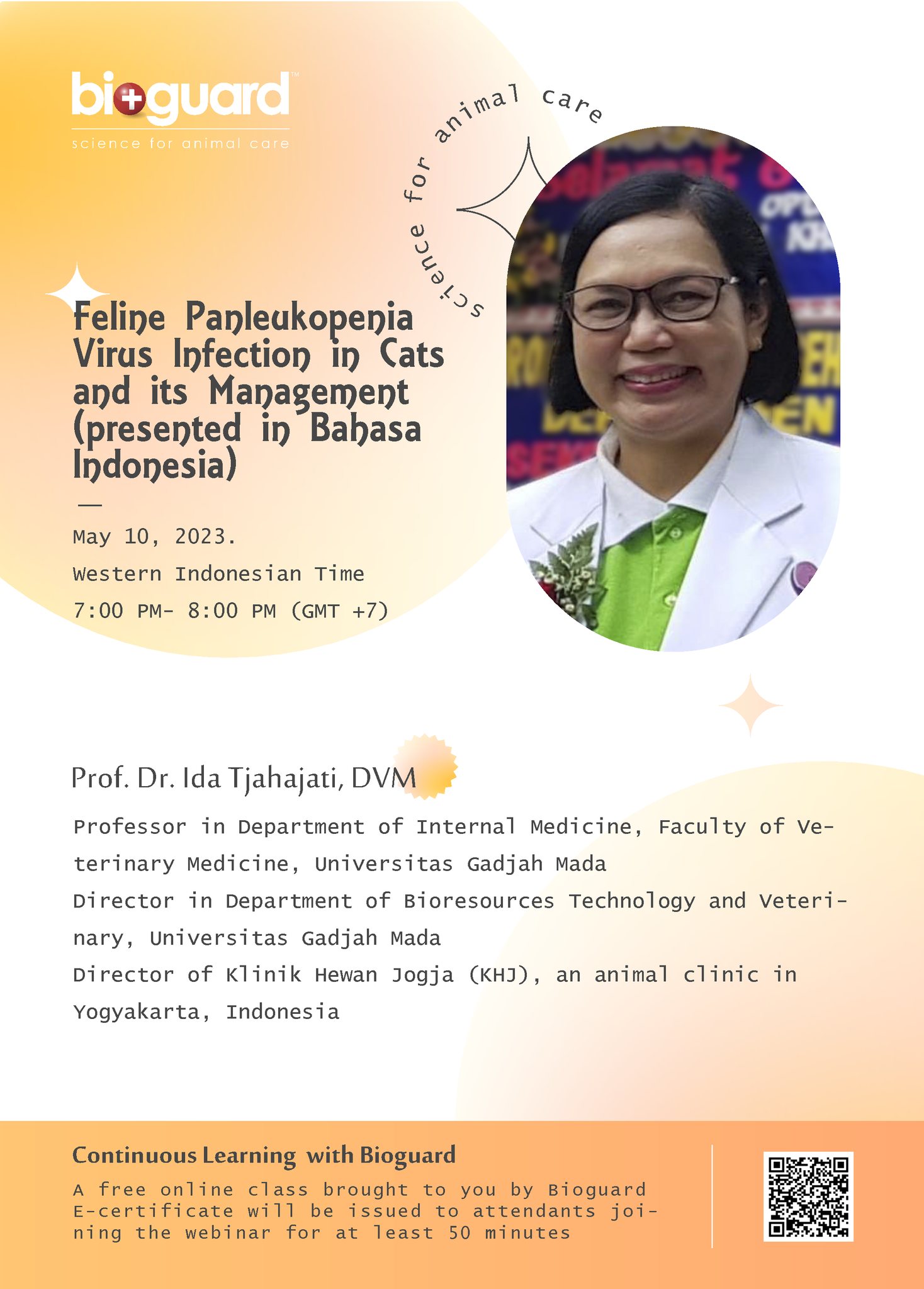
2023/05/03 This time we specially invited Professor.Dr.Ida Tjahajati to give a lecture on feline panleukopenia virus infection and its management in cats. The whole process is in Bahasa Indonesia, and it is completely free. Welcome everyone to join.Registration link:
Pound for Pound: How Diet Makes a Difference in Healthy Weight Loss
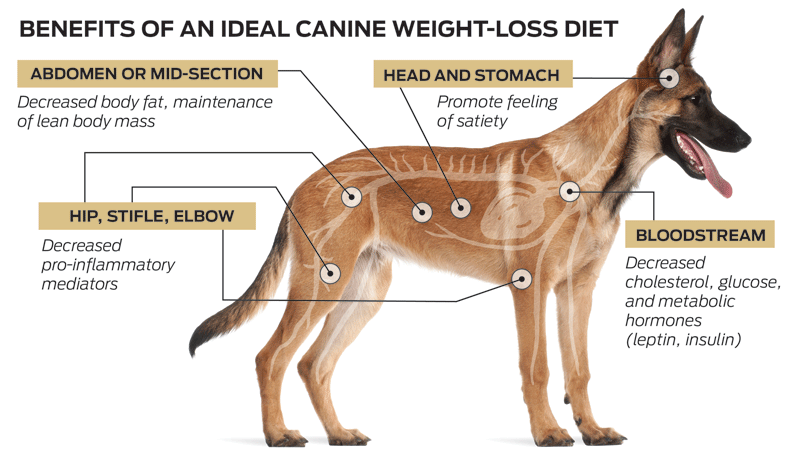
2023/04/16 By Yuanlong Pan, BVM, PhD, Fellow Scientist, Nestlé Purina While all weight-management diets are designed to reduce a dog’s daily intake of calories, there is more to successful weight loss than calorie reduction. The nutritional composition of the ideal diet should also address the following objectives: Read more
Webinar: Feline Herpesvirus-1 and Related Eye Diseases
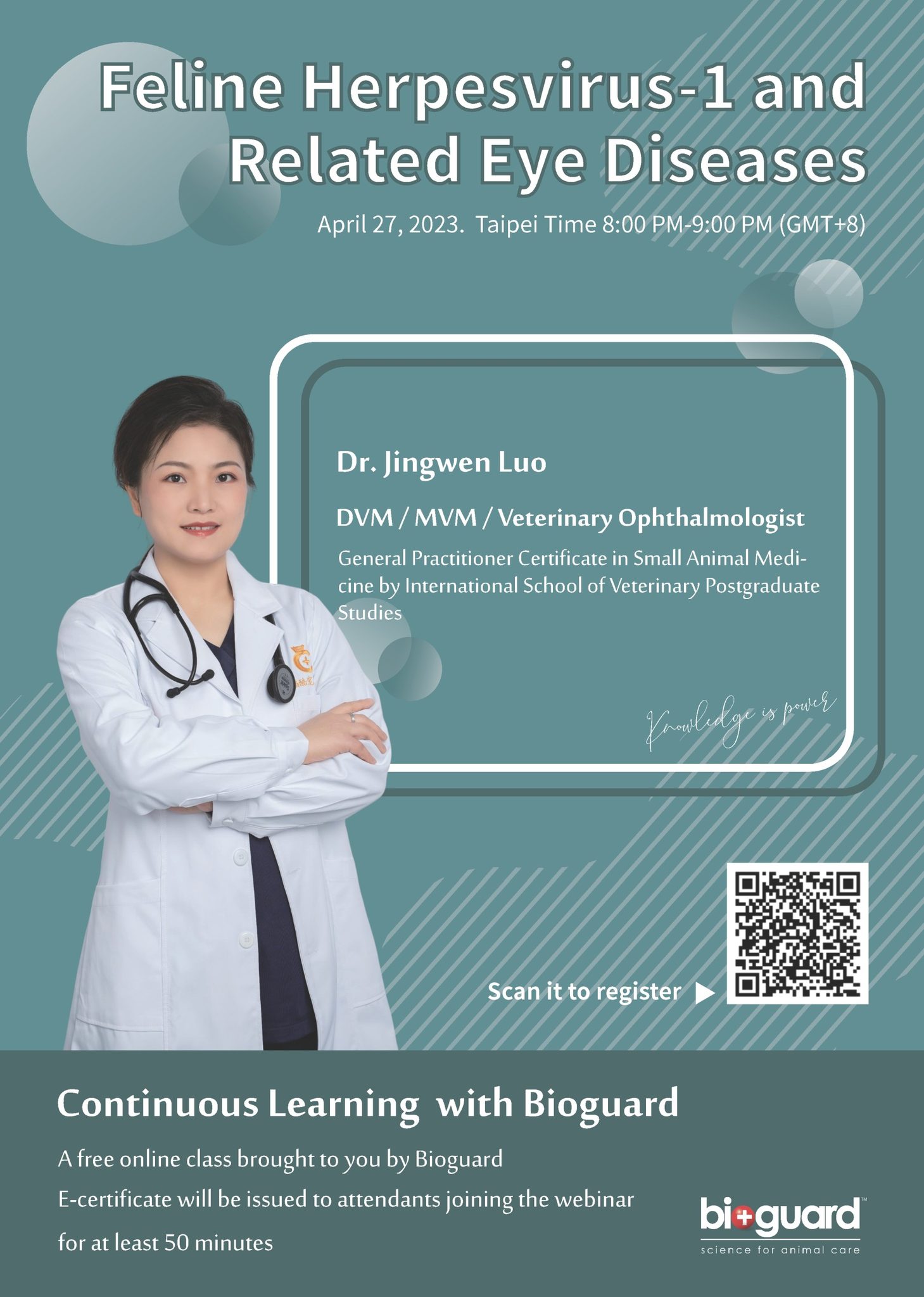
2023/04/14 A free online class brought to you by Bioguard Join us for our upcoming webinar as we talk about Feline Herpesvirus-1 infection in cats. During the webinar, Dr. Jingwen Lou will discuss the basis of FHV-1 pathogenesis, especially related to the ocular region, and provide practical advice on how to deal with feline conjunctivitis that […]
British Veterinary Association responds to the gender pay gap in the veterinary profession
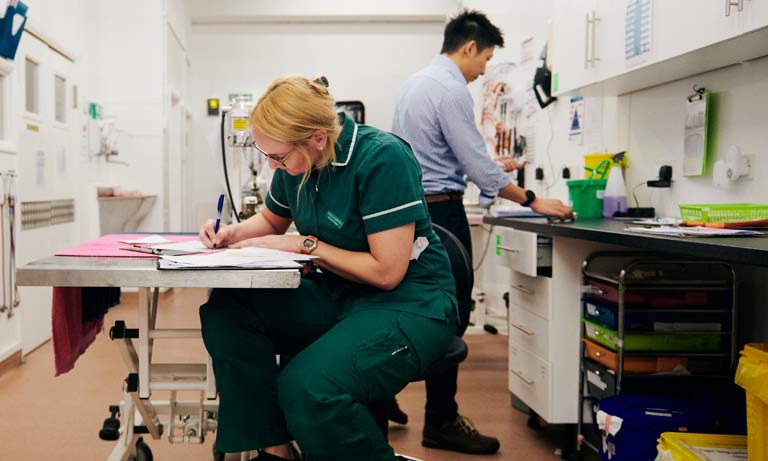
2023/04/09 It has revealed that eight out of ten firms pay men more than women and the wage difference remains at 9.4%, the same level as in 2017/18. The report includes data for vet businesses with more than 250 members of staff and shows that the inequality of pay seen nationally is also reflected across the veterinary […]
